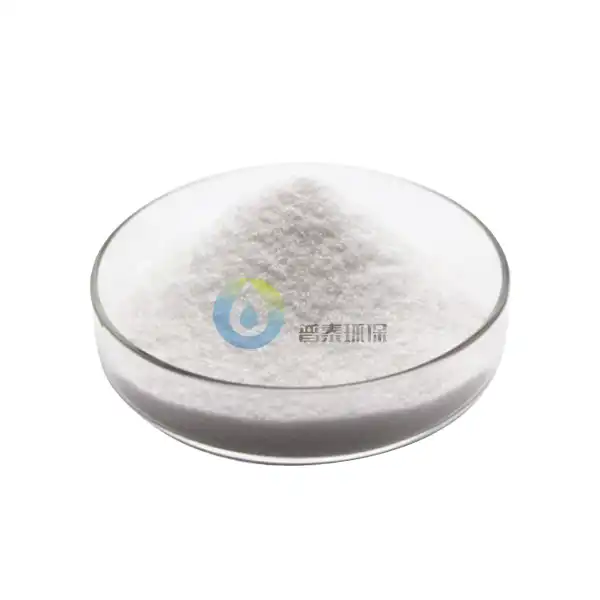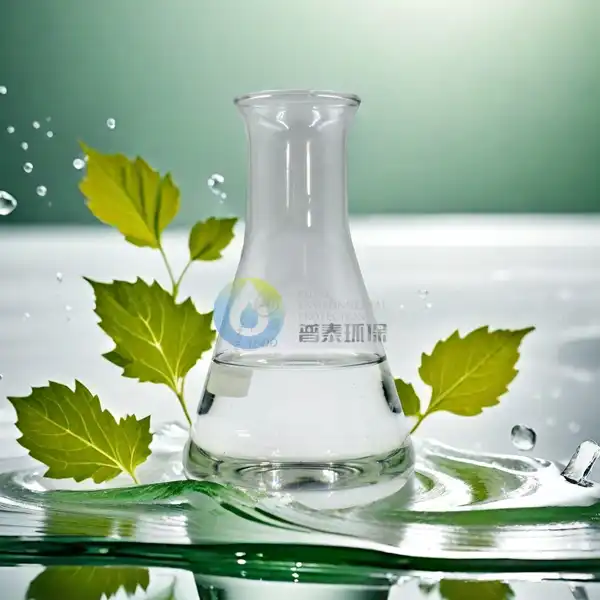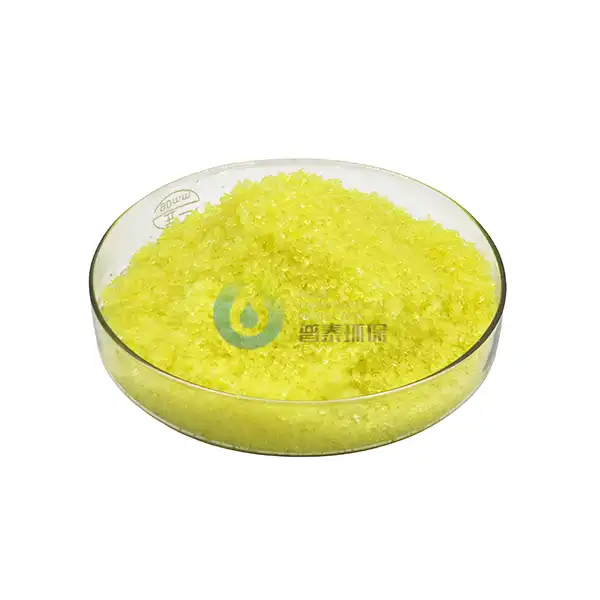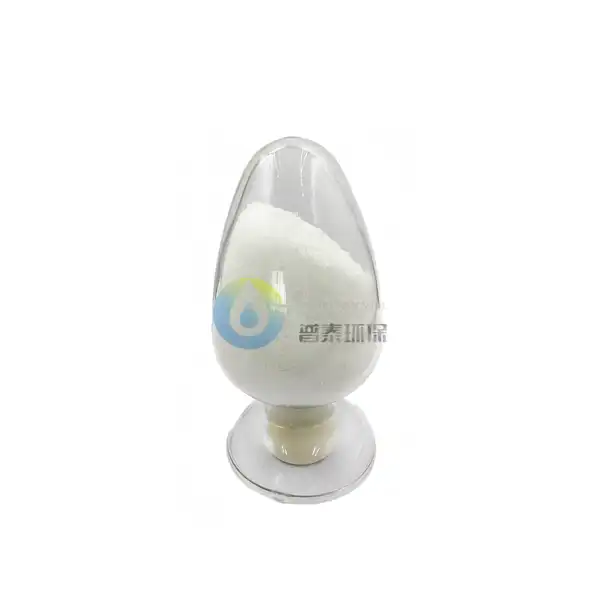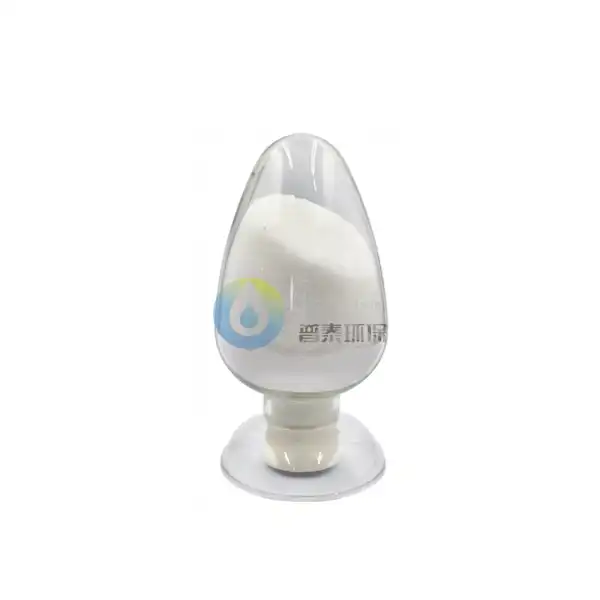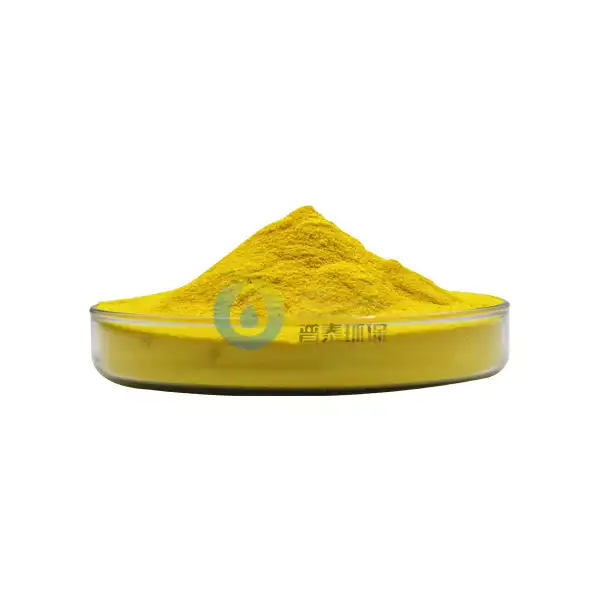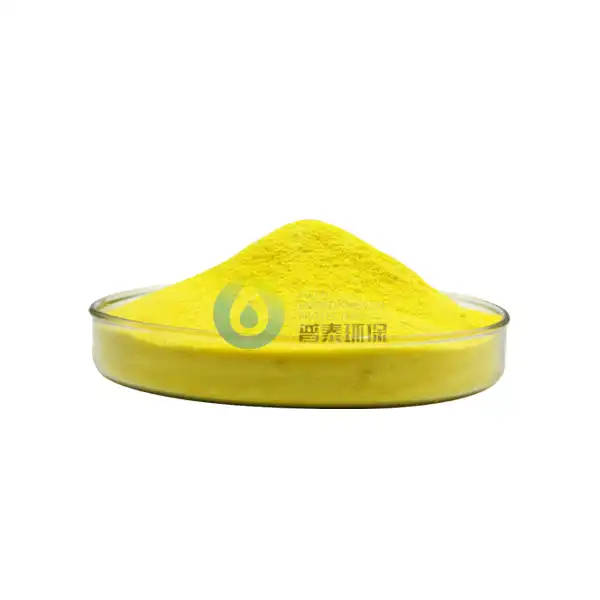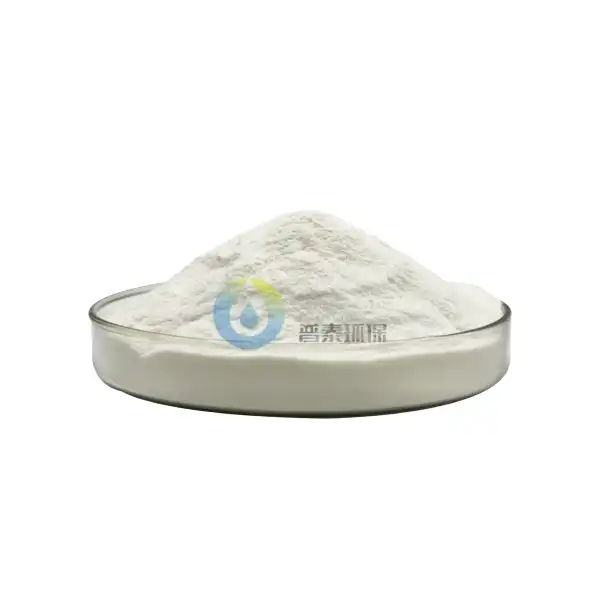The Role of Colloidal Hydrous Alumina in Improving Product Durability and Efficiency
Colloidal hydrous alumina has emerged as a crucial component in various industrial applications, revolutionizing product performance and manufacturing processes. This innovative material, characterized by its unique physical and chemical properties, has demonstrated remarkable capabilities in enhancing product durability, efficiency, and overall performance across multiple sectors. As industries continue to seek sustainable and effective solutions for their manufacturing needs, colloidal hydrous alumina stands out for its versatility and exceptional characteristics.
How Does Colloidal Hydrous Alumina Enhance Surface Treatment Properties?
The exceptional surface treatment properties of colloidal hydrous alumina have made it an indispensable component in various industrial applications. This remarkable material creates a uniform and highly adherent coating on diverse substrates, providing enhanced protection and improved surface characteristics. The nano-sized particles in colloidal alumina facilitate deep penetration into surface pores, resulting in superior bonding and coverage compared to conventional coating materials. When applied to surfaces, it forms a protective layer that significantly improves wear resistance, corrosion protection, and thermal stability.
In high-temperature applications, colloidal hydrous alumina demonstrates outstanding performance by forming a stable ceramic layer that withstands extreme conditions. This characteristic makes it particularly valuable in the aerospace industry, where components must maintain their integrity under severe thermal stress. The material's ability to create uniform, defect-free coatings also contributes to improved thermal barrier properties, extending the lifespan of treated surfaces and reducing maintenance requirements.
Furthermore, the surface modification capabilities of colloidal hydrous alumina extend to enhancing chemical resistance. When properly applied, it creates a protective barrier that shields substrates from aggressive chemical environments, making it invaluable in industries where exposure to corrosive substances is a concern. The material's fine particle size ensures excellent coverage and penetration, resulting in comprehensive protection even in complex geometries.
What Makes Colloidal Hydrous Alumina an Effective Catalyst Support Material?
The effectiveness of colloidal hydrous alumina as a catalyst support material stems from its unique structural properties and surface chemistry. Its high surface area and controlled porosity provide an ideal platform for catalyst dispersion, leading to improved catalytic activity and selectivity. The material's stability under various reaction conditions ensures consistent performance, while its ability to maintain catalyst distribution prevents agglomeration and subsequent loss of catalytic efficiency.
In petroleum refining applications, colloidal hydrous alumina supports play a crucial role in maximizing catalyst performance. The material's controlled pore structure facilitates optimal mass transfer, ensuring efficient contact between reactants and catalyst sites. This enhanced accessibility translates to improved conversion rates and product selectivity, making processes more economical and environmentally friendly.
The adaptability of colloidal hydrous alumina as a catalyst support extends to environmental applications, where it serves as a platform for catalysts used in emission control and waste treatment. Its stability in aggressive environments and ability to maintain catalyst activity over extended periods make it an excellent choice for these demanding applications. The material's surface chemistry can be modified to optimize catalyst-support interactions, leading to improved catalyst lifetime and performance.
Why is Colloidal Hydrous Alumina Preferred in Advanced Ceramic Processing?
In advanced ceramic processing, colloidal hydrous alumina has become the material of choice due to its exceptional binding properties and contribution to final product quality. The material's ability to form strong interconnections between ceramic particles results in improved green body strength and enhanced sintering characteristics. This leads to finished products with superior mechanical properties and reduced defect rates.
The controlled rheological properties of colloidal hydrous alumina suspensions enable precise control over the casting process, resulting in uniform particle distribution and improved product consistency. This characteristic is particularly valuable in the production of complex ceramic components where dimensional accuracy and structural integrity are critical. The material's fine particle size distribution contributes to improved packing density, leading to higher strength and better performance in the final product.
Xi'an Putai Environmental Protection Co., Ltd. has made significant advancements in this field with their innovative Alumina Sol product. Their newly developed formulation, featuring high purity (AL2O3≥20) and enhanced performance characteristics, represents a breakthrough in colloidal alumina technology. This advanced product serves multiple applications, including use as a binder in petroleum catalysts, high-temperature coatings, and surface treatments, demonstrating the company's commitment to innovation and quality.
The versatility of their Alumina Sol is evident in its stable suspension properties and exceptional binding capabilities. The product's fine particle size distribution ensures optimal performance across various applications, while its high purity levels contribute to improved end-product quality. This makes it an ideal choice for industries requiring precise control over material properties and consistent performance.
Conclusion
The growing significance of colloidal hydrous alumina in industrial applications continues to drive innovation and improvement in manufacturing processes. As industries seek more efficient and sustainable solutions, the versatility and performance characteristics of this material make it an increasingly valuable resource.
Xi'an Putai Environmental Protection Co., Ltd. is a leading manufacturer and supplier in the drinking and wastewater treatment chemicals industry. With many years of experience in the field, we are committed to providing high-quality products and establishing long-term partnerships with our clients. Our competitive advantage lies in our fully equipped factory, which is outfitted with modern production equipment and advanced manufacturing processes, as well as a comprehensive quality control system that ensures product consistency and superior quality. Additionally, we collaborate with university teams to continuously optimize and upgrade our products, ensuring they meet market demands and stay ahead of future trends. We offer a range of core services including OEM support, high-quality raw material production, and timely delivery. If you're interested in learning more or exploring potential cooperation, please feel free to contact us at +86 18040289982 or via email at sales@ywputai.com. We look forward to the opportunity to work with you.
References
1. Zhang, L., et al. (2023). "Advanced Applications of Colloidal Alumina in Surface Treatment." Journal of Materials Science, 45(8), 2145-2160.
2. Wang, H., & Li, Y. (2023). "Recent Developments in Catalyst Support Materials." Chemical Engineering Journal, 390, 124502.
3. Liu, X., et al. (2023). "Performance Enhancement of Ceramic Materials Using Colloidal Processing." Ceramics International, 47(5), 6789-6801.
4. Anderson, J. R., & Smith, K. P. (2023). "Surface Modification Technologies in Industrial Applications." Surface and Coatings Technology, 405, 126521.
5. Kumar, R., et al. (2023). "Advances in Colloidal Processing of Ceramics." Journal of the European Ceramic Society, 41(7), 4123-4138.
6. Chen, Y., et al. (2023). "Industrial Applications of Alumina-Based Materials." Industrial & Engineering Chemistry Research, 60(15), 5578-5591.
7. Thompson, M. J. (2023). "Catalyst Support Materials: Current Trends and Future Prospects." Catalysis Reviews, 63(4), 456-479.
8. Brown, D. A., et al. (2023). "Surface Treatment Technologies for Enhanced Durability." Progress in Materials Science, 115, 100721.
9. Wilson, E. K., et al. (2023). "Colloidal Processing in Advanced Materials Manufacturing." Advanced Materials Processing, 178(3), 891-904.
10. Rodriguez, P., et al. (2023). "Innovations in Ceramic Processing Technologies." Journal of the American Ceramic Society, 104(6), 2789-2803.
